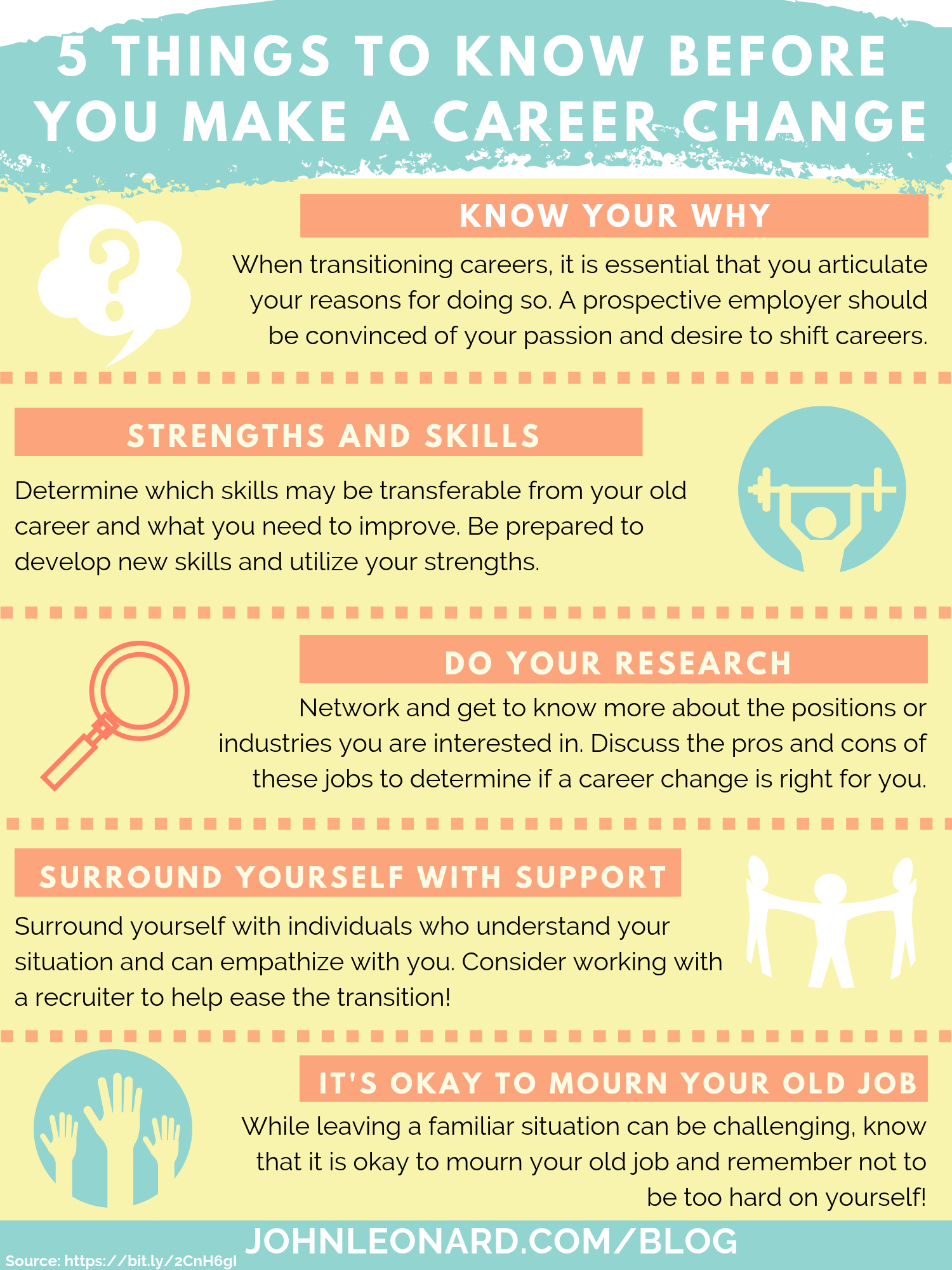
You're not the only person stuck in a rut in your workplace. Life can be unpredictable, hard and extremely unstable. You can improve your life by finding and keeping a job that you love. Even if it's been years since you were able to make a change in your life, even if you are struggling for years.
Building a platform for yourself
Although it is simple to create a platform, it can be difficult. You must make your platform useful, valuable, and efficient. This process is not difficult, but you must be very focused. It is essential to clearly define your vision and share it in order to create a platform that works.
Understand the overall purpose of your platform, and who your audience is. It's crucial to get to know your audience in order for you to create a platform that will meet their needs. Startup entrepreneurs will need to establish a relationship with venture capitalists.

Writing a book, white paper or blog post is another way to build a platform. However, you should be cautious about what topics you choose to write about as they can have a negative impact on your career. A book published by you can also show leadership qualities.
Being coachable
Being coachable in the 21st century is more than just being a good listener. It's all about being open to feedback and responding to it with actions. Coachable people are more open to receiving feedback. This is a great way to improve your work.
Learning new things takes work, and being coachable means being willing to push yourself to the limits of your comfort zone. The key to not taking feedback personally is to not accept it. It's about setting yourself challenging goals and striving to be great. This takes courage, but it is worth it.
Being coachable means being 100% accountable. It is not a good idea to make excuses. They are just an excuse to give the boss the easy way out. It's possible to develop an ego after working in a company long enough to be unable admit to mistakes or lack of knowledge. Ego can also stop you from seeing new developments in the industry.

Avoiding drama
Avoiding drama in the workplace is an essential skill for success. Respect and accountability are key to avoiding workplace drama. Employees who are engaged are more productive and creative and less likely to vent their frustrations. This approach takes a commitment to total transparency and a clear sense of values and goals.
If a coworker is making you mad, try to take a deep breath. Instead of wasting time in an email exchange, it is better to talk with your coworker in person. A chain of angry emails can quickly escalate into a full-blown fight, so it is important to try not to get emotionally involved.
If you are unsure, talk to a supervisor. It may be possible to resolve the problem faster that way. It is also possible to ask an outsider to mediate.